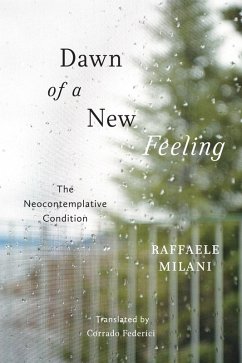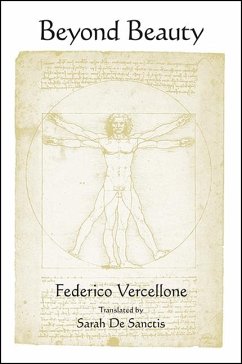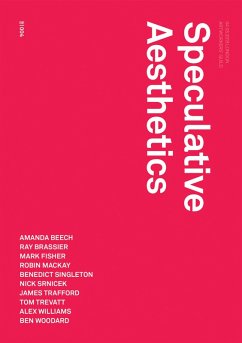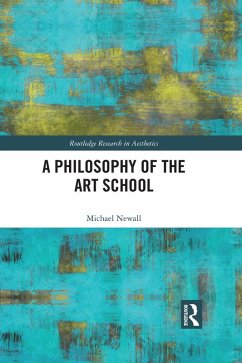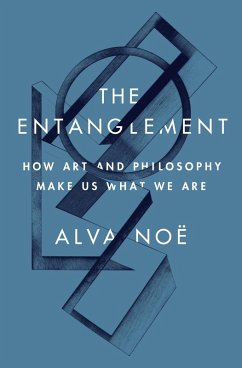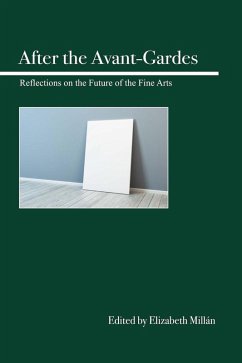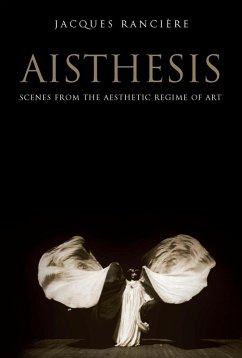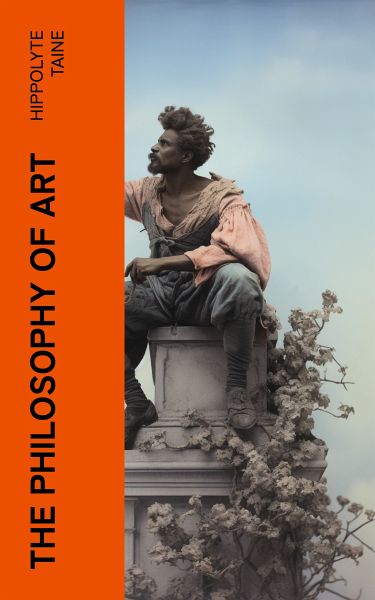
The Philosophy of Art (eBook, ePUB)

PAYBACK Punkte
0 °P sammeln!
This insightful work explains what art represents and how to judge a good piece of art. With discussion on art, philosophy, history, and psychology, Hippolyte Taine developed the notion of understanding art through the historical circumstances during its creation. In addition, Taine talks about literature and the qualities that make a text a gem. The book comprises an application of the experimental method to art, in the same way, it is done in science. The author precisely describes art by social influences and other causes. Humanity at different periods and locations, climate, and other cond...
This insightful work explains what art represents and how to judge a good piece of art. With discussion on art, philosophy, history, and psychology, Hippolyte Taine developed the notion of understanding art through the historical circumstances during its creation. In addition, Taine talks about literature and the qualities that make a text a gem. The book comprises an application of the experimental method to art, in the same way, it is done in science. The author precisely describes art by social influences and other causes. Humanity at different periods and locations, climate, and other conditions furnish the truths on which the theory rests. It is a must-read for anyone interested in understanding a piece of art, examining it by details and the whole picture.
Dieser Download kann aus rechtlichen Gründen nur mit Rechnungsadresse in A, B, BG, CY, CZ, D, DK, EW, E, FIN, F, GR, H, IRL, I, LT, L, LR, M, NL, PL, P, R, S, SLO, SK ausgeliefert werden.




